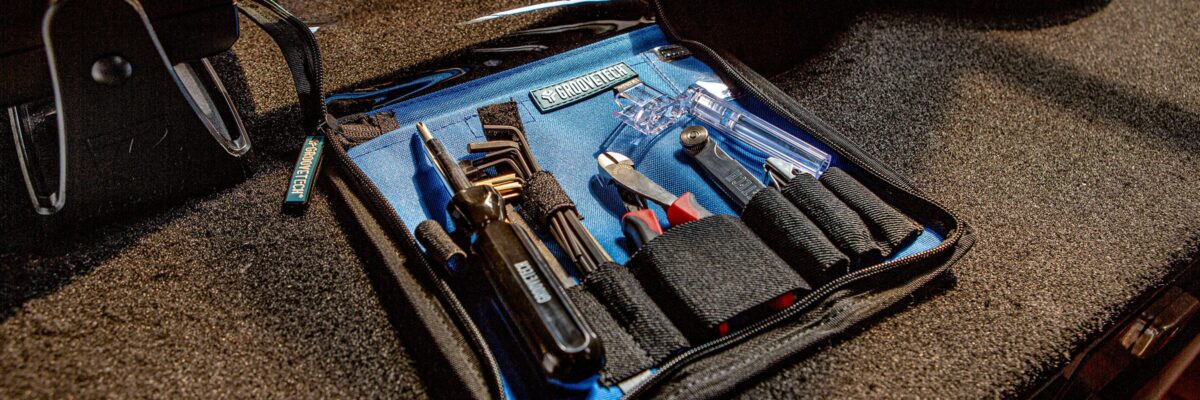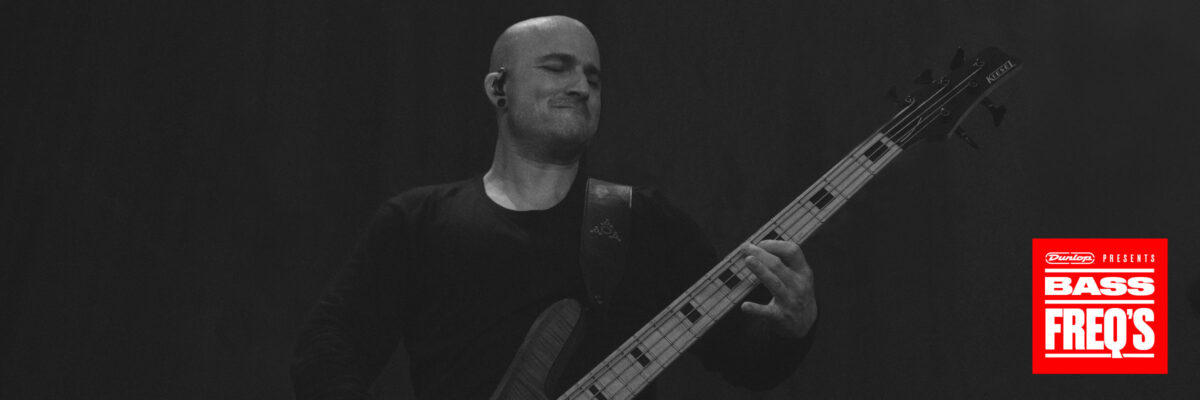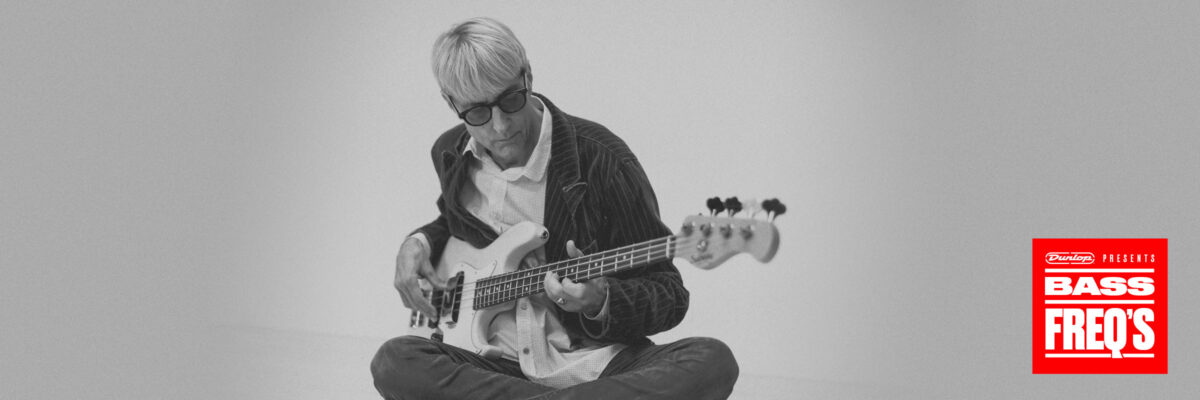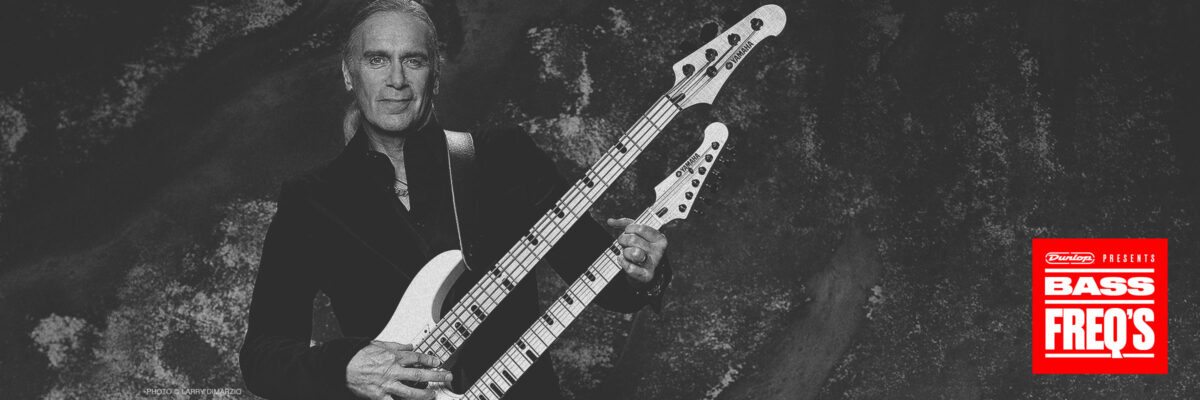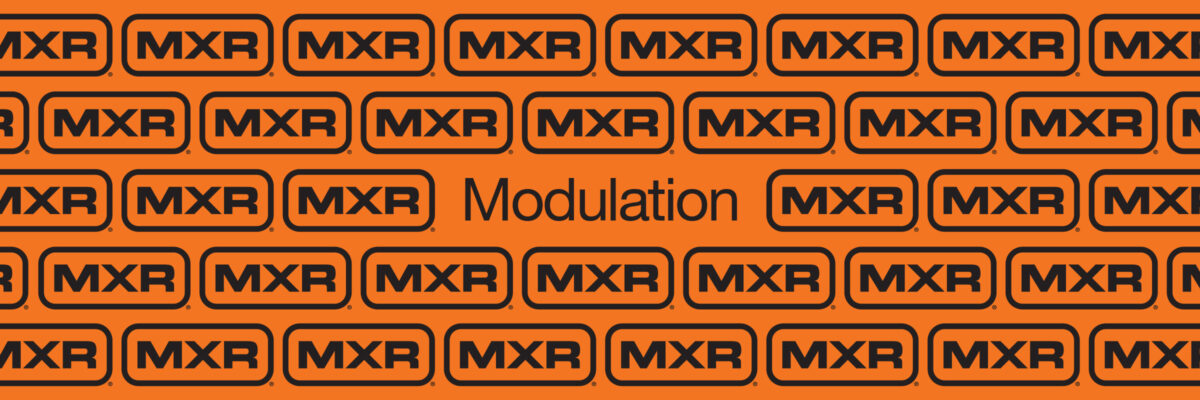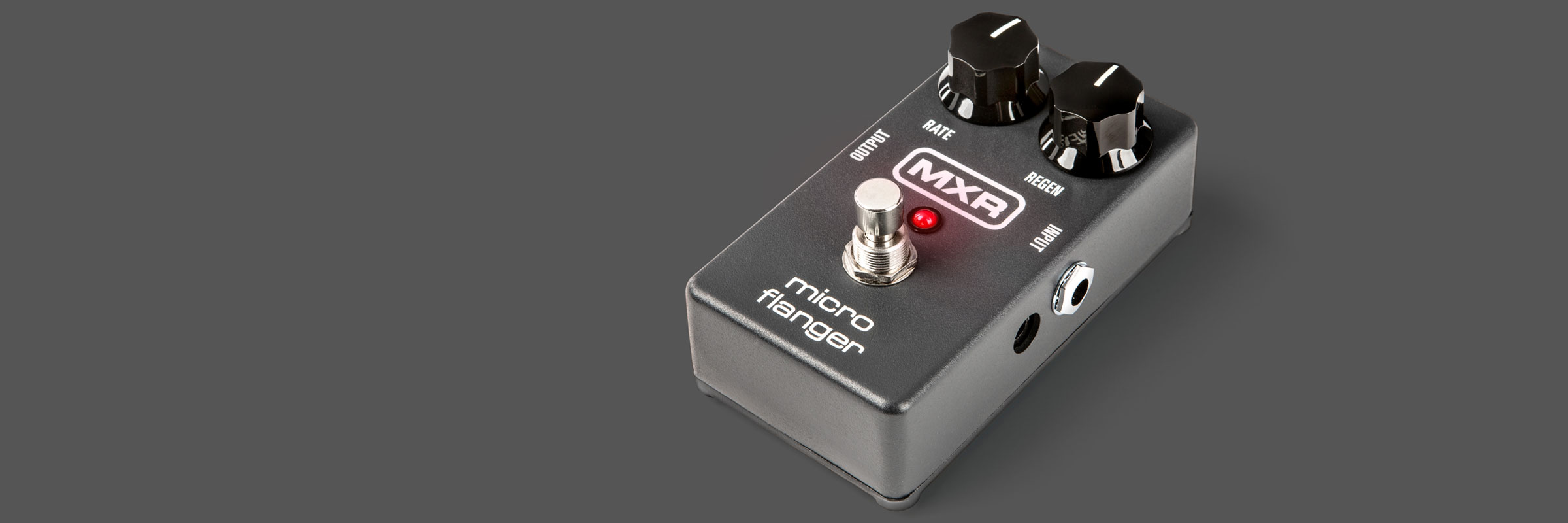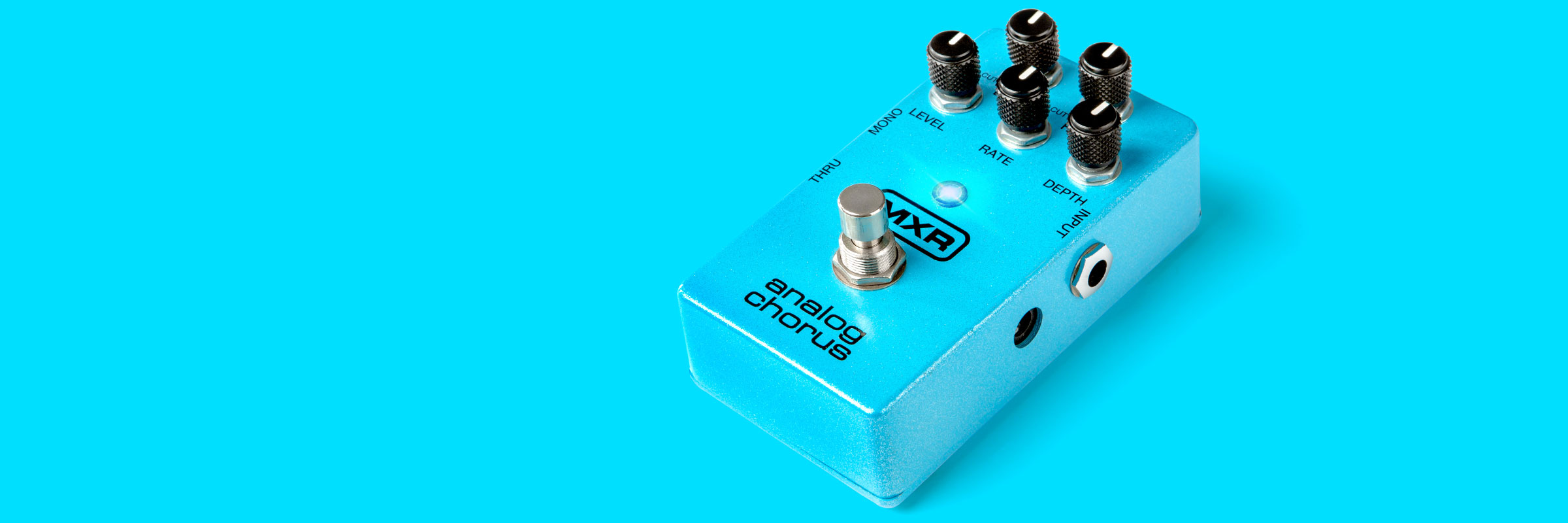Now part of the Dunlop family of products, GrooveTech® Tools offer a lifetime of quality instrument care for players of all levels. They’re built to last in the shop and on the road, and they’re easy to use so that anyone can start working toward a better playing experience.
For more than 25 years, GrooveTech Tools has been providing musicians with professional-grade tools that would be welcomed on any shop floor. When starting the brand, tool enthusiast Dan Parks designed each and every product according to the absolute dependability required by his two lifelong passions—riding motorcycles and playing bass. Getting stuck on the side of the road with a broken-down bike is out of the question—and with GrooveTech Tools, you won’t be stuck on the side of the stage when the lights come on. That’s why legendary guitar manufacturers and the world’s top techs rely on GrooveTech Tools for the highest standard of instrument care.
Every tool. Every need. Every player.



